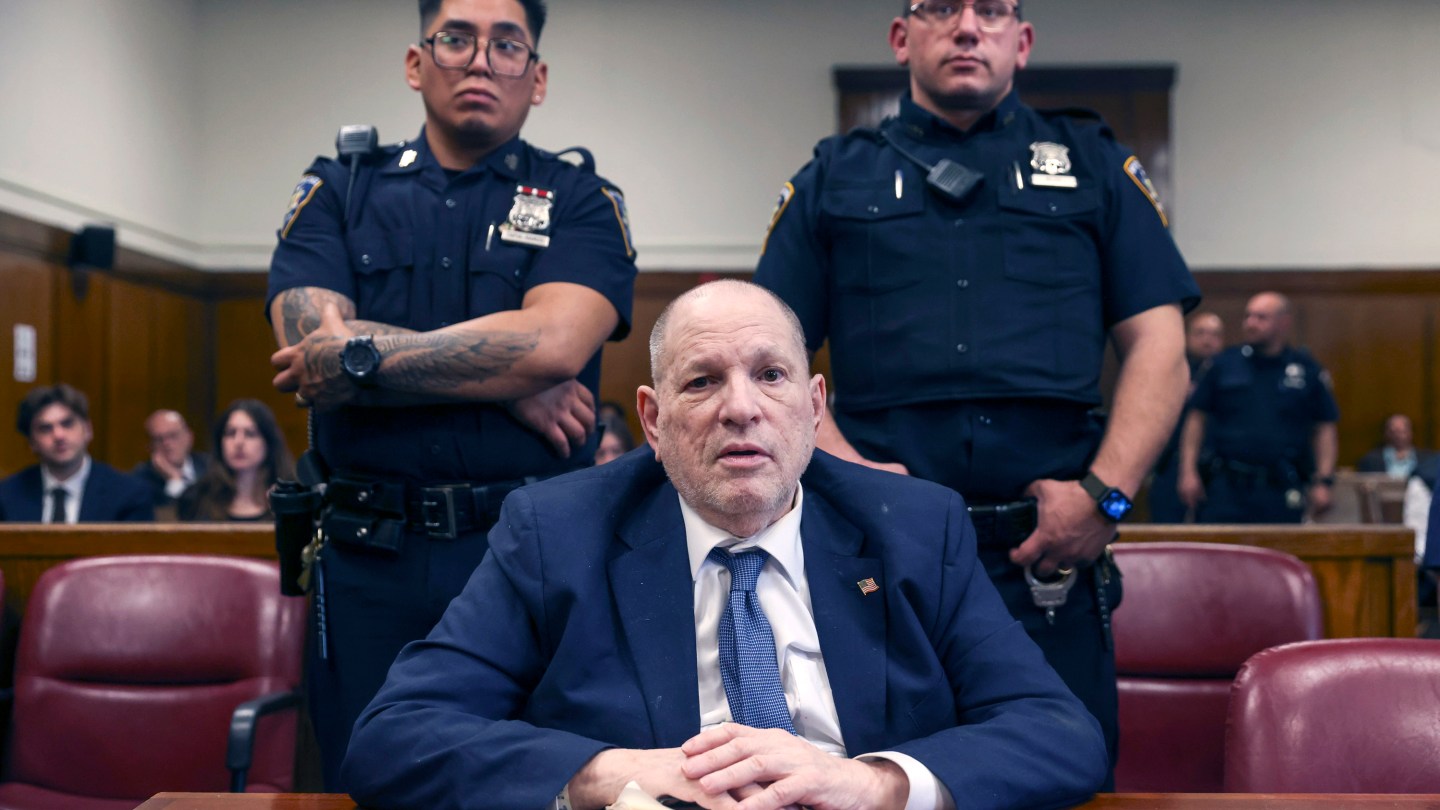Weinstein's Health Hangs in the Balance: A Courtroom Drama Unfolds

In a dramatic plea for medical intervention, Harvey Weinstein's legal team is sounding the alarm about his critical health status. Arguing that his current conditions at Rikers Island could prove fatal, they are urgently pushing for his transfer to Bellevue Hospital. The attorneys are emphasizing the severity of Weinstein's medical challenges, warning that without proper accommodations, his health could rapidly deteriorate to life-threatening levels.
The legal team's passionate argument underscores the potential dire consequences of keeping Weinstein in his current environment, suggesting that immediate medical attention is not just a preference, but a critical necessity. Their stark warning highlights the potential for a fatal outcome if his medical needs are not promptly and comprehensively addressed.
